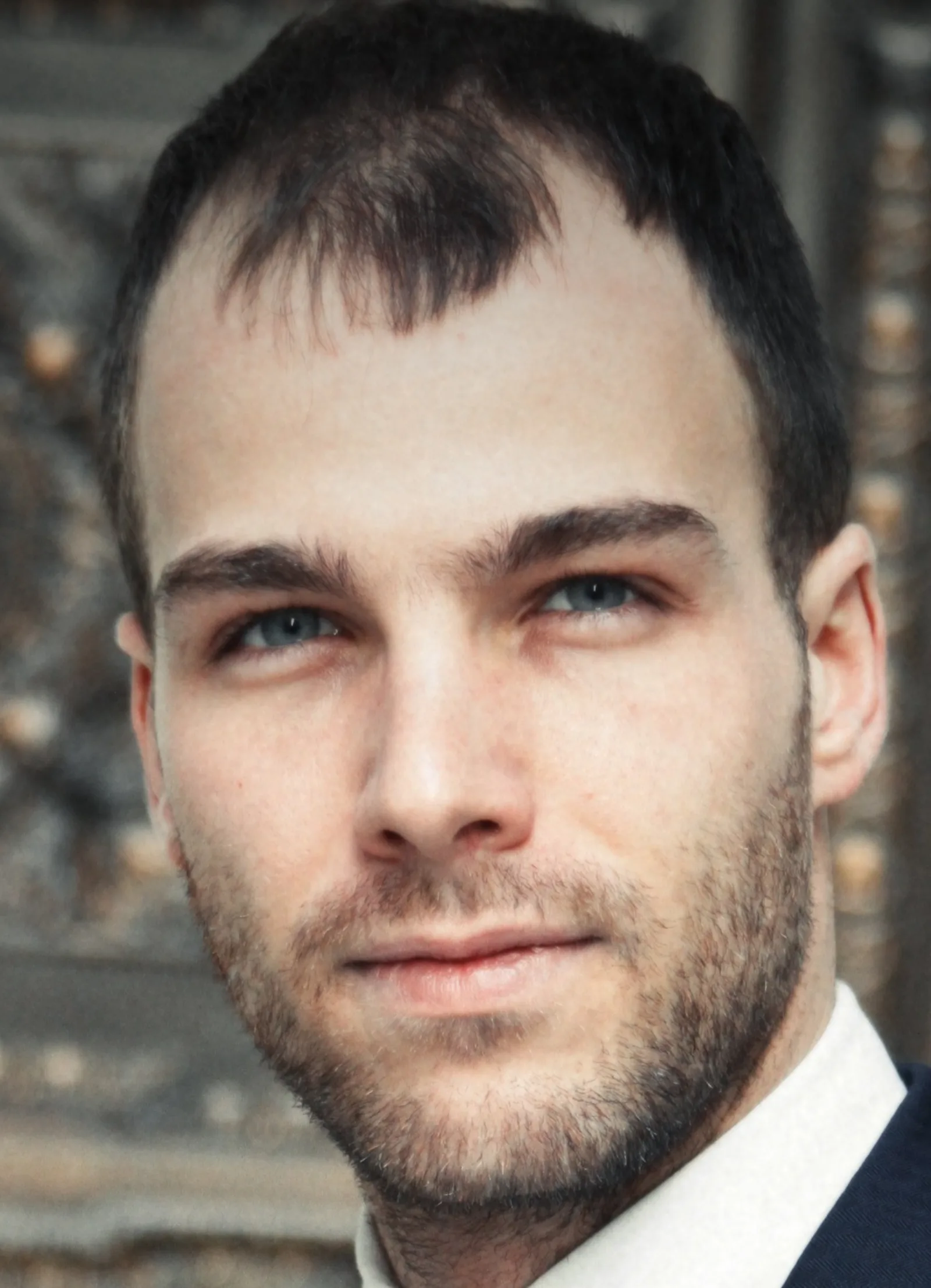This workshop aims to introduce participants to the practices and contexts of early modern printing, the central themes related to the reception of classical literary criticism, and the key debates which occurred in early modern Italy—crucial issues not only for students of early modern Italian literature, but for all European national traditions, many of whose literary theoretical writings in the period were directly inspired by translations, commentaries, and polemic treatises produced in Italy.
The workshop thus aims both to lay important foundations of general knowledge for graduate students in this often understudied area and to build archival research skills through consultation of texts in the Newberry collection, and through a session on digital tools for archival research. The workshop will take place the day after a public symposium on early modern literary criticism, to enable students to participate more fully and contribute to lively discussion.
The workshop will include four sessions.
- The first will introduce students to the history of the printed book, and discuss methods for working with early printed sources.
- The second will focus core areas of early modern Italian literary criticism: considering the reception of Aristotle’s Poetics and Horace’s Ars Poetica, the production of new poetic treatises, and the application of poetic theory to new, “modern” genres.
- The third session will focus on three major literary debates in the period: the Tasso-Ariosto controversy, the Dante quarrel, and the debates surrounding Battista Guarini’s Il Pastor Fido, a play which Cardinal Robert Bellarmine said was “more harmful to Catholic morals than Protestantism itself.”
- The final session will discuss digital tools for archival research and for working with early printed books.
Each of the first three sessions will highlight key printed texts in the Newberry collection which will be shown to students in a hands-on show-and-tell session later in the afternoon.
Learn more about the director: Bryan Brazeau, University of Warwick.
All readings and workshop sessions will be conducted in English, though knowledge of Italian will be helpful. No previous knowledge of early modern literary criticism is required.
Note: Students should plan to arrive early enough to attend our related History of the Book Symposium the day before the workshop.
Preliminary schedule
8:30-9
Coffee and introductions
9-10:15
Preliminaries
- Introduction to the History of Print
- Skills for Working with Early Printed Books
10:15-12:15
Poetics and Literary Theory in Sixteenth-Century Italy
- The Reception of Aristotle’s Poetics and Horace’s Ars Poetica
- Points of Contention: Verisimilitude and Catharsis
- New Arts of Poetry
- Poetics and New Genres (Novella, Chivalric Romance, Christian Epic, and Tragicomedy)
12:15-1:15
Catered lunch
1:15-2:30
Group Work: Critical Reading and Discussion of Early Modern Literary Criticism
- Giraldi Cinthio
- Torquato Tasso
- Lodovico Castelvetro
- Giambattista Guarini
2:30-4
- Library Tour and Orientation
- Rare Books Session
4-5
Professionalization Workshop and Conclusions
- Digital tools for Archival Research
- Entering the Field: Preparing Conference Papers, Publications, and CVs
- Conclusions and Final Comments
Students should plan to arrive early enough to attend our related History of the Book Symposium the day before the workshop.
Eligibility: This workshop is open to graduate students in a terminal master’s program and those who have not yet completed comprehensive exams in a PhD program, at Newberry Center for Renaissance Studies consortium member institutions. No language prerequisities. We encourage students to apply from disciplines as varied as the literatures of English and other languages, Religious Studies, Medieval or Renaissance Studies, Art History, and History, among others.
Travel funding: Faculty and graduate students of Center for Renaissance Studies consortium institutions may be eligible to apply for travel funds to attend CRS programs or to do research at the Newberry. Each member university sets its own policies and deadlines; contact your Representative Council member in advance for details.
